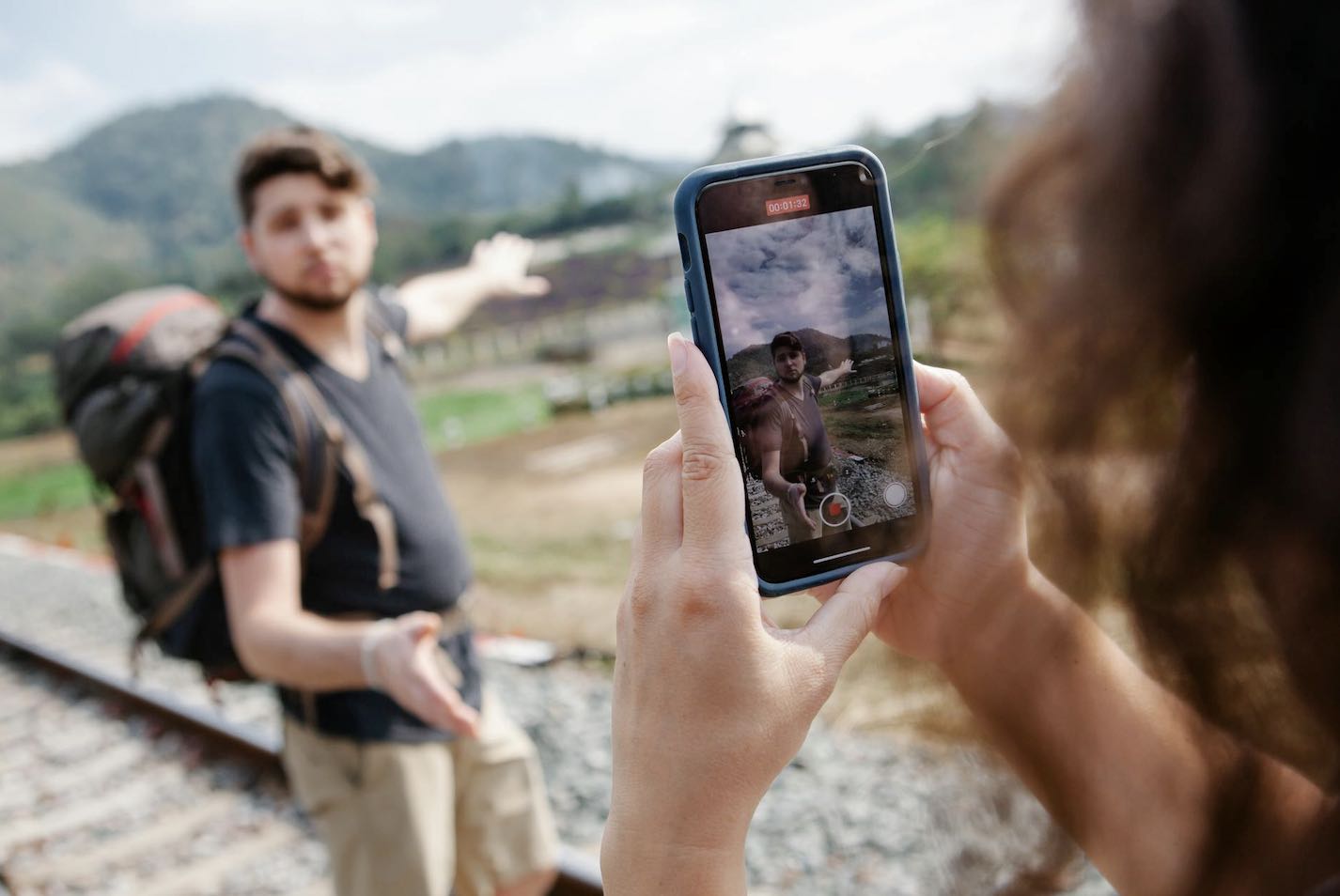01/15/2020
“The whole idea of learning has been turned around to mean ‘How can I make the most money?’”
Carol Black’s 2010 documentary Schooling The World is a harsh look into the world of western education being brought into rural India. This documentary takes a serious look into the motives of bringing education to the Himalayas and surrounding rural areas of India. It focuses on the village of Hemis Shukpa-Chen and the Ladakhi people. As the film website puts it, “It questions our very definitions of wealth and poverty – and of knowledge and ignorance – as it uncovers the role of schools in the destruction of traditional sustainable agricultural and ecological knowledge, in the breakup of extended families and communities, and in the devaluation of ancient spiritual traditions.”
The film makes two cases; the first that there is incredible value in knowing the land that culture has been built and strengthened on, and at the same time in our quickly growing world, it is important to know western skills and language. What Schooling The World aims to get across is that it is not morally acceptable to send children away and “brainwash” them with Western values to the point where they do not recognize their own language or customs upon returning home. The film claims that the Western boarding schools set up in large Indian cities identify their students as failure, often the pupils will introduce themselves as a “grade 10 failure” or “grade 9 pass”. Anthropologist and ethnobotanist Wade Davis in interviews would talk about how he visited isolated villages looking to learn from elders the secrets of medicine and farming and would be turned down due to their lack of “education”. Davis would be pointed in the direction of the grandsons and daughters of the village, people that had attended schooling in big cities, people that knew nothing of the land or language he was researching.
“Before modern schooling, our education focused on the spiritual teachings…But now the emphasis is on material success.” Women of the Buddhist culture of Ladakh were interviewed and all agreed that this was something they noticed of their children and grandchildren that came home after years of Western schooling, something that was of no use to their village and crops.
This documentary was a beautiful look into the complete opposite ways of life in the Himalayas and in large cities such as New Delhi and Leh as far as education is concerned. Although fairly biased against western education, Carol Black showed both sides of the age old argument over education in the world.
















